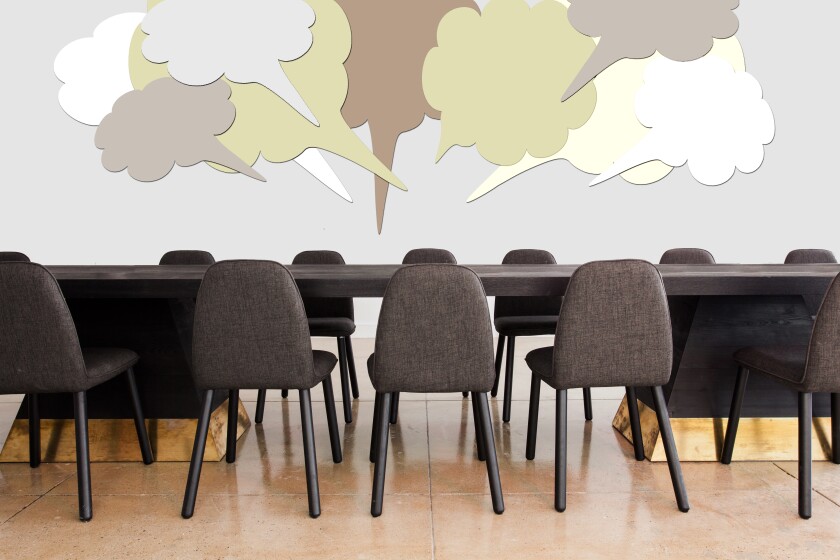In the Philippines, mediation is the preferred mode for alternative dispute resolution (ADR). To streamline, and achieve more efficiency in, its delivery of intellectual property dispute resolution services, the Intellectual Property Office of the Philippines (IPOPHL) amended the mediation rules through Memorandum Circular No. 2024-007, which became effective on March 29 2024. The salient points are explained below.
Mediation shall be mandatory for the following cases:
Administrative complaints for violation of intellectual property rights (IPR) and/or unfair competition;
Inter partes cases;
Disputes involving technology transfer payments; and
Disputes relating to the terms of a licence involving the author’s rights to public performance or other communication of their work.
IPR cases involving an application for a temporary restraining order/preliminary Injunction, an attachment, or other ancillary remedies shall not be submitted to mediation unless the parties, by written motion, request that the case undergo mediation.
Mediation shall be optional for cases that are on appeal at the Office of the Director General.
ADR conferences shall be conducted online, hosted by the Bureau of Legal Affairs’ Alternative Dispute Resolution Services unit (BLA-ADRS). The parties shall be briefed regarding their option to submit their dispute to arbitration in accordance with the existing IPOPHL arbitration rules and/or guidelines.
The period allowed for mediation is 60 days, which can be extended by 30 days by written motion. If settlement is imminent, the parties can request a longer extension. The request shall be evaluated by the originating office.
Failure or refusal of the party who initiated the case to participate in the mediation, and/or pay the fees, shall be grounds for the dismissal of the case. In the event that it is the respondent who fails or refuses to participate and/or pay the required fees, the respondent shall be declared in default. A party may only be excused for non-appearance once, and only if a valid cause or explanation is submitted by motion with the payment of a fee within five days after the mediation meeting.
If the mediation fails and/or is terminated, the BLA-ADRS shall again inform the parties of their option to submit their dispute to arbitration; otherwise, the case is returned to the originating bureau for the resumption of the adjudication proceedings.












